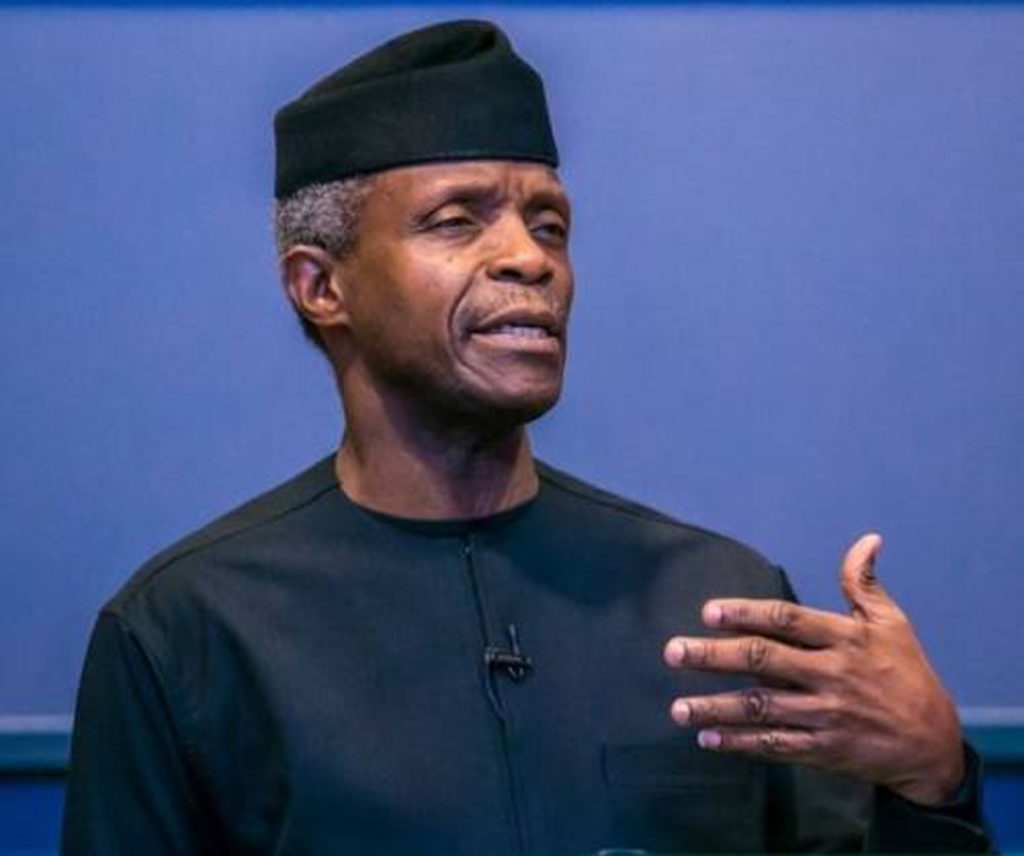 The World Health Organisation (WHO) says it is deeply concerned about the impact of coronavirus on indigenous people in the Americas, the current epicenter of COVID-19 pandemic.
The World Health Organisation (WHO) says it is deeply concerned about the impact of coronavirus on indigenous people in the Americas, the current epicenter of COVID-19 pandemic.
The WHO Director-General, Dr Tedros Ghebreyesus, said this in his speech read at a news conference at WHO headquarters in Geneva, posted on the organisation’s website.
Ghebreyesus said “COVID-19 is a risk for all indigenous people globally.
“As of July 6, more than 70,000 cases have been reported among indigenous people in the Americas, and more than 2,000 deaths recorded.
“Most recently, at least six cases have been reported among the Nahua people who live in the Peruvian Amazon.
“WHO’s Regional Office for the Americas recently published recommendations for preventing and responding to COVID-19 among indigenous people.
“WHO is also working with the Coordinator of Indigenous Organisations of the Amazon River Basin to step up the fight against COVID-19.”
Although people of all walks of life are affected by COVID-19, the director general said the world’s poorest and most vulnerable people were especially at risk.
He said “that is true of indigenous people all over the world in urban or remote areas; there are up to 500 million indigenous people worldwide, in over 90 countries.
“Indigenous people have unique cultures and languages, and deep relationships with the environment; like other vulnerable groups, indigenous people face many challenges.
“This includes the lack of political representation, economic marginalisation and the lack of access to health, education and social services.”
He explained that indigenous people often have high burden of poverty, unemployment, malnutrition and both communicable and non-communicable diseases, making them more vulnerable to COVID-19 and its severe outcomes.
According to him, one of the key tools for suppressing transmission in indigenous communities – and all communities – is contact tracing.
“No country can get control of its epidemic if it doesn’t know where the virus is.
“As we have said many times, so-called lockdown measures can help to reduce transmission, but they cannot completely stop it.
“Contact tracing is essential for finding and isolating cases and identifying and quarantining their contacts.’’
READ ALSO: IMF approves $7.6 million debt relief to Burundi to cushion Covid-19 effects
Ghebreyesus said mobile applications could support contact tracing, “but nothing replaces boots on the ground – trained workers going door-to-door to find cases and contacts, and break the chains of transmission.”
He stressed that contact tracing was essential for every country in every situation. It could prevent individual cases from becoming clusters, and clusters turning into community transmission.
“Even countries with community transmission can make progress by breaking down their epidemics into manageable parts.”
The WHO boss noted that in addition, prompt reaction to new cases and clusters would allow countries to continue on the road to economic recovery, while keeping the virus at bay.
“Of course, contact tracing is not the only tool – it must be part of a comprehensive package. But it is one of the most important.
“Contact tracing has long been the bedrock of outbreak response, from smallpox to polio, to Ebola and COVID-19.
“One of the lessons from the recent Ebola outbreak in the eastern Democratic Republic of the Congo, which was declared over last month, is that contact tracing can be done even in the most difficult circumstances, with security problems.
“When Ebola was discovered in the city of Butembo last year, experts wondered whether it would be possible to bring the outbreak under control.
“But against all odds, the outbreak was stopped in large part because the government, WHO and partners invested heavily in contact tracing, isolating suspected cases and treating those that became sick.’’
The director general said Ebola and COVID-19 were different viruses but the principle is the same:
“No matter how bad the situation, there is always hope; with strong leadership, community engagement, and a comprehensive strategy to suppress transmission and save lives, COVID-19 can be stopped.
“We do not have to wait for a vaccine. We have to save lives now; make no mistake, we must continue to accelerate vaccine research while doing more with the tools we have at hand.” (NAN)

